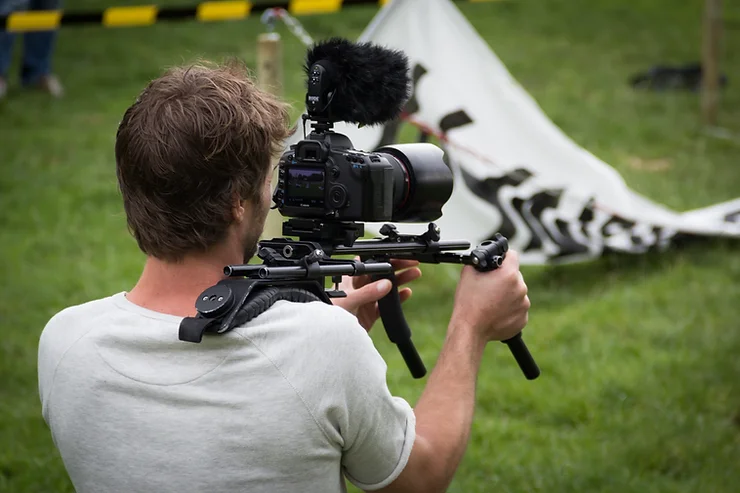
“In most cases refusing to engage is the worst possible tactic. Your reputation is too valuable to leave false allegations uncontested or questions unanswered.”
Investigative reporting plays a critical role in our democracy. Without it we would probably not have learned of the Watergate break-in, the tobacco companies deliberately hooking smokers on nicotine or the depth of the church sex scandal.
Most journalists see their job as representing citizens. They are motivated to uncover facts they feel the public would benefit from knowing. They are also driven by competition – the desire to break news stories before someone else does.
Unfortunately, that leads some investigative reporters to become overly aggressive and, in some cases, lose their objectivity. One consequence I wish more journalists would think about is the potential damage they cause organizations and individuals when they use needlessly incendiary language or publish unsubstantiated allegations. To these reporters it is all about producing enough drama to keep people reading, listening or watching.
Those who are the targets of investigative reporting, on the other hand, often make the mistake of stonewalling. In most cases refusing to engage is the worst possible tactic. Your reputation is too valuable to leave false allegations uncontested or questions unanswered. That just gives a dogged investigative reporter more fuel. For legal reasons you may not always be able to say everything you’d like – but you should still respond in some way.
I had a recent case where a reporter made multiple requests for information. My client declined, feeling no purpose would be served by providing the data. Following four negative stories implying that the organization was covering something up, I was able to convince the client to provide the reporter with the information he sought and the context to go with it.
At that point, the reporter was able to see that the organization had nothing to hide, and wondered why my client had not simply provided the material sooner. The next story wrapped up the reporter’s series on a positive note – but this organization could have avoided the other negative stories.
The unfortunate reality is you can engage and make a tremendous case, but if the investigative reporter has an agenda-driven pre-determined outcome, your fight might be futile. One type of reporter in this lane is called an advocacy journalist. The worst case of my career involved such a reporter. Not only was her story wildly inaccurate and sensationalized; it included sketched depictions of activities that never took place other than in the creative corner of the reporter’s mind.
In this case the organization could have sued for malice but odds of success are very long when suing a media outlet so they decided against it.
I only mention this encounter to say there will be times even with the most skilled crisis communications manager that you just can’t win. But those are the exceptions.
My appeal to investigative reporters is to find some empathy and understanding of the damage you can cause to people or organizations who don’t deserve it. Likewise, people working at organizations should understand that your best chance at mitigating or even reversing a negative story is by engaging and making your strongest strategic points.

Kirk Dorn is the Senior Director in Ceisler Media’s Philadelphia office.



